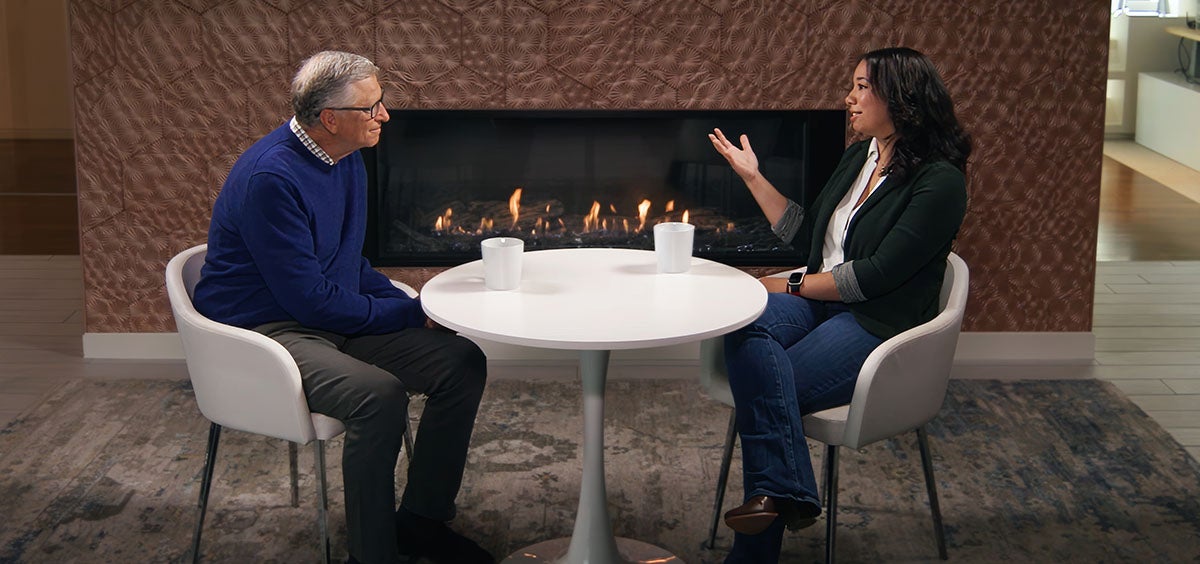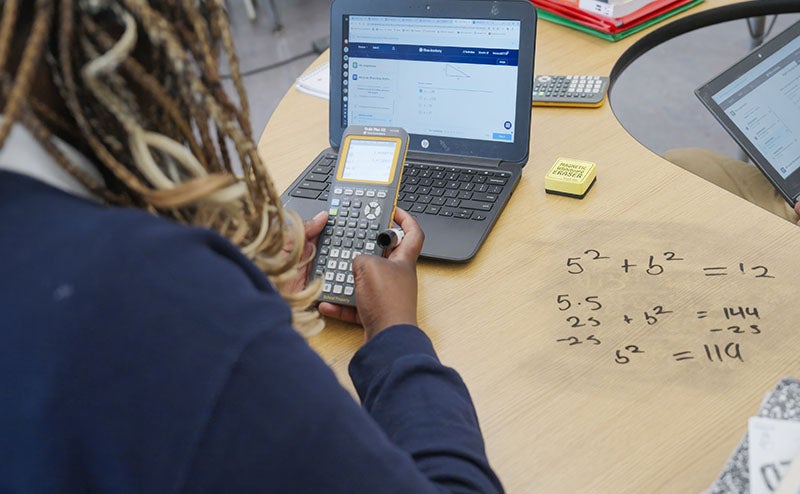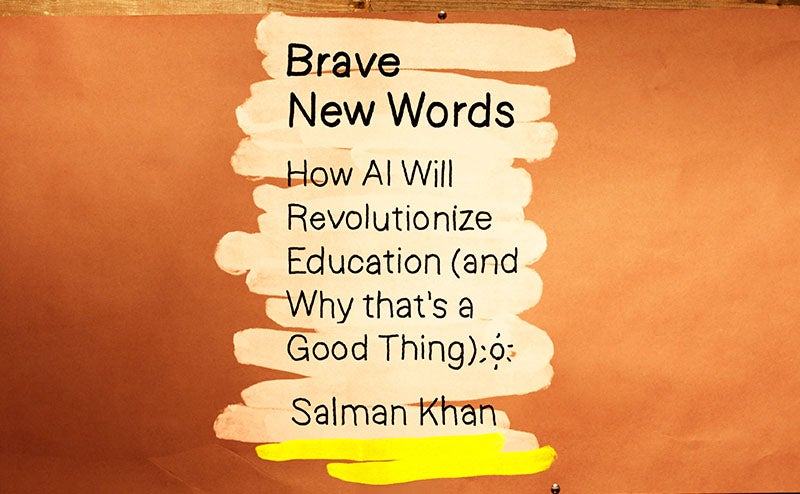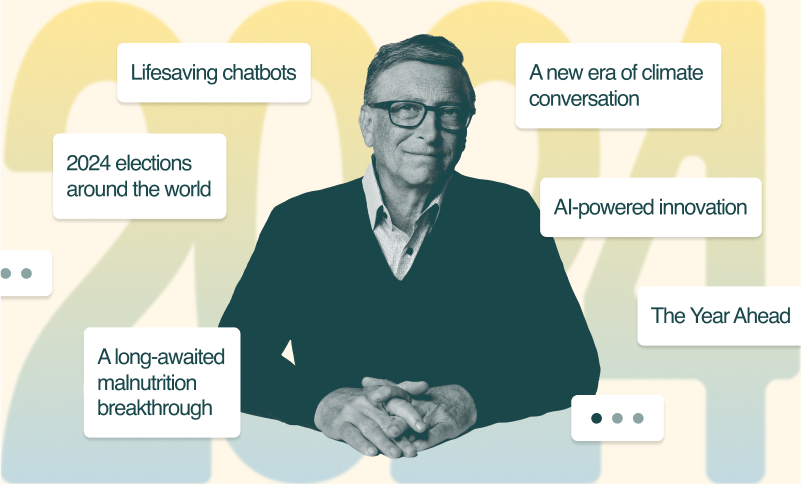People in poor countries will be in the best position to survive a warming climate if they are healthy and on a strong financial footing.
When I was in high school, one of my favorite classes was drama. A teacher pushed me to sign up, and I was fully prepared to hate it—but I fell in love with acting. Drama pushed me to broaden myself, try something new, and see if I could succeed. I even gained enough confidence to audition for—and get—the lead in “Black Comedy,” the school play my senior year.
Blaire Penry, the 2024 Washington State Teacher of the Year, understands how transformative a class like drama can be, because she’s seen it happen with her own students. And I was blown away by how she uses technology to reimagine how students engage in the classroom.
Blaire teaches career and technical education, or CTE, and fine arts in the Auburn School District, which is located about 30 miles south of Seattle. Over the years, she has taught a wide range of electives—including marketing, worksite learning, career choices, and psychology, in addition to drama—to both middle and high school students.
What really sets Blaire apart, though, is her approach to online education. When schools switched to remote instruction in March 2020 because of the COVID-19 pandemic, Blaire quickly realized that the existing curriculum didn’t work. It just wasn’t engaging enough without the face-to-face interaction. At the time, her school district was doing fully synchronous instruction. Teachers did live instruction, students could ask questions, and classes operated on the same schedule as before. Still, her students struggled to connect with the material from their homes.
So, she helped develop a new curriculum that worked in an online setting and innovated new techniques to keep her students engaged.
Blaire created new materials and lesson plans that resonated more with Auburn students, 76 percent of whom are people of color—including a new social justice curriculum aimed at helping her kids become more active and informed citizens. Homeroom became a structured social period where students could get to know their teacher and each other, since the normal opportunities to connect—over lunch, or in the hallway between classes—aren’t available in online instruction. The chat function was used constantly throughout her classes, with Blaire checking in to make sure students were engaged and the kids asking (and answering!) questions about the material.
“It gave me this moment to dismantle my curriculum and build it back up with my community in mind, which is such a gift,” Blaire told me. “I found that creative challenge incredibly fulfilling, and it gave me a chance to, I think, become a better teacher.”
The work that Blaire and her colleagues did was eventually spun off into Auburn Online School. Although schools reopened in Washington in 2021 and many students returned in-person, a lot of students in her district continued to opt for remote instruction. Many of them lived in intergenerational households, with older family members who were at risk of becoming seriously ill from COVID-19. Auburn Online gave them a safe, high-quality option for continuing their education.
The Gates Foundation supported a lot of schools that offered this kind of support during the pandemic, so I wasn’t surprised to hear that some students continued to learn remotely to keep their loved ones safe. But what stunned me was how many kids wanted to stick with online instruction for reasons that had nothing to do with the pandemic.
Although many students struggled with the transition to online learning and lack of face-to-face interaction with their teachers and peers, Blaire found that a number of her kids not only adapted but thrived. Some needed extra flexibility so they could work a job or keep up with other responsibilities. Others benefited from having greater control of their learning environments. For example, they could focus much better in the comparative quiet of their own homes, or they had less anxiety when they could answer a question in a chat rather than by raising their hands in front of the whole class.
It blew my mind to learn that fully remote instruction works better for some students. Like many people, I’ve always thought of it as a necessary obstacle to overcome in times of necessity. But Blaire sees it as a tremendous opportunity for some families—and as a powerful tool for driving equity.
I was especially fascinated to hear how she teaches drama. I didn’t think it was a class that would lend itself well to online instruction, but Blaire convinced me otherwise.
“One of the things that is really fun about teaching drama online is that it gives students the space to explore and try things out in ways they might not with all eyes on them in a classroom,” she told me. For example, Blaire sets her students up in breakout rooms, where they can practice in small groups or with her. When it comes time to perform a monologue, they record it—and if they don’t like their performance, they just try it again until they have a version they’re comfortable with other people seeing.
“Some of my students might not have taken a drama class,” she says. “But when you release some of that immediate pressure of performing, you give them permission to be creative in ways they haven’t explored before.”
Blaire is clear that online education isn’t the right fit for everyone. But she’s a firm believer that families deserve it as an option.
Because she is such a big thinker about how technology can help students, I couldn’t resist the opportunity to ask her what she thinks about AI. Blaire is excited about how AI tools will help her better track her students’ progress and provide them with personalized tutors—two use cases I recently saw firsthand in Newark, NJ.
She hopes that teachers are given adequate training on using AI, especially given the biases it can reinforce. Blaire told me about a technology showcase she recently attended. The facilitator was showing off how AI can help teachers save time and asked it to put together a top ten list of recommended reading material for middle schoolers. Every author on the list was white, and almost all of them were men.
This is a solvable problem. AI can be programmed to be more representative and thoughtful in its answers—but it’s going to require input from brilliant teachers like Blaire, who understand the potential and limits of technology in the classroom.
“Online learning creates an opportunity for teachers to be a little bit fearless,” Blaire says. “It’s an opportunity to examine your students, examine your community, and then put it in the forefront of how you’re going to move forward. It’s exciting to try something new, be innovative, and disrupt the norm.”
I couldn’t agree more.




